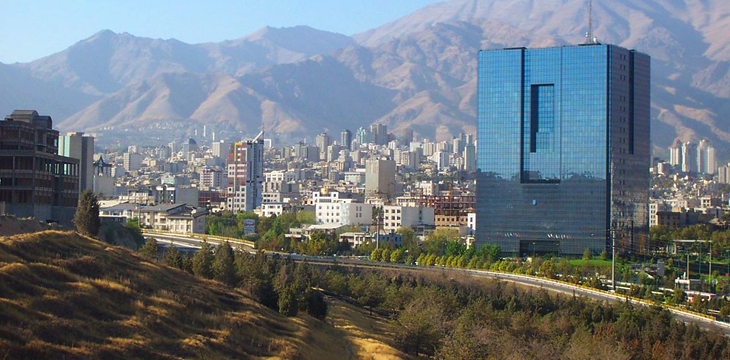|
Getting your Trinity Audio player ready...
|
Iran is a country that is stuck between a rock and a hard place, as it flirts with war with the U.S. while struggling against economic sanctions. What makes it harder is that the status of cryptocurrencies, a potential savior to the country’s economy, is in a state of flux.
In an interview with Tasnim News, Nasser Hakimi, the Deputy Governor of New Technologies for the Central Bank of Iran, reminded the country that SegWitCoin (BTC) and other digital currencies continue to be illegal, but also unwise investments:
“[Iranians should be cautious] against the advertisements and marketers of pyramid style network companies that promote Bitcoin like a tree with gold coins in the Adventures of Pinocchio … The Supreme Council on Countering Money Laundering has prohibited the sale and purchase of Bitcoin in Iran.”
Mr. Hakimi confusingly made a distinction that BTC trading was illegal due to the money laundering laws, but that mining would fall into a different category. There’s really no need for distinction though, as Iran has also seized mining rigs, implying the activity is wasteful and also very illegal.
Totally contradicting Hakimi was Aliakbar Karimi, a member of Iranian Parliament’s Economic Committee. He told a local outlet that cryptocurrency couldn’t strictly be labeled as illegal, but rather it was alegal, for there is a total lack of regulation on the issue. He didn’t limit the topic to either trading or mining, either, indicating that there’s a total lack of clarity on the topic of digital currencies.
So only one of the two things can be right. Either Hakimi is right, and trading in cryptos is strictly illegal, or Karimi is right, and there’s no prohibition guarding against it. It might not matter if either is right, as both seem to imply mining should be ok, but that’s clearly not the case.
A better sense of clarity would be well appreciated by Iranian citizens, who are increasingly turning to cryptos to avoid losing their life savings should the local economy jump into hyperinflation. They might be less likely to do so if they find out the whole thing could land them in jail.

 02-23-2026
02-23-2026 




